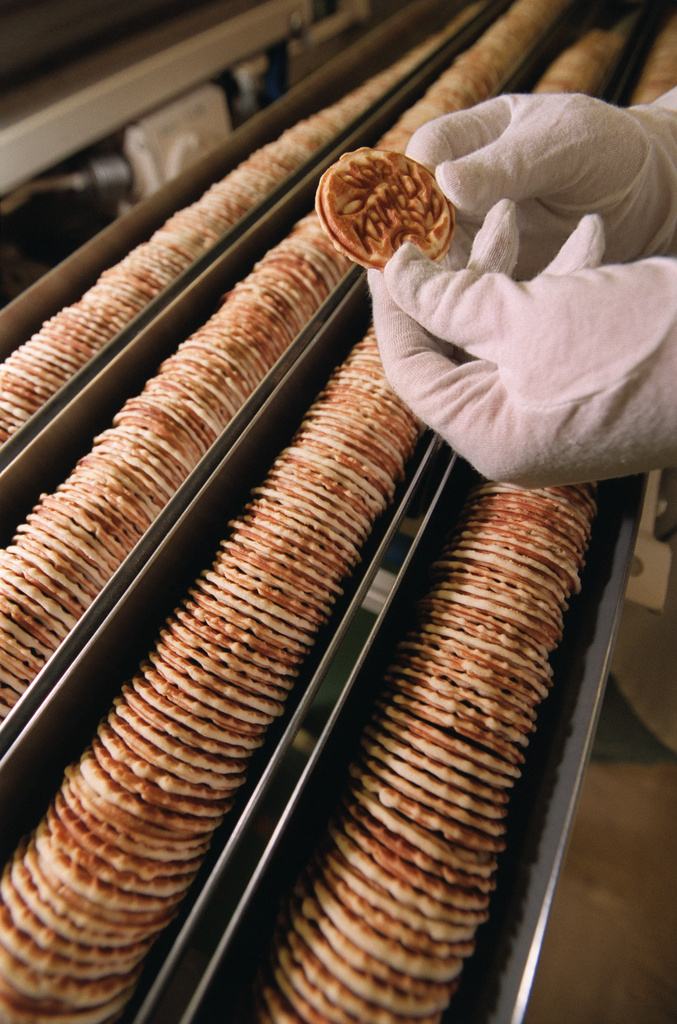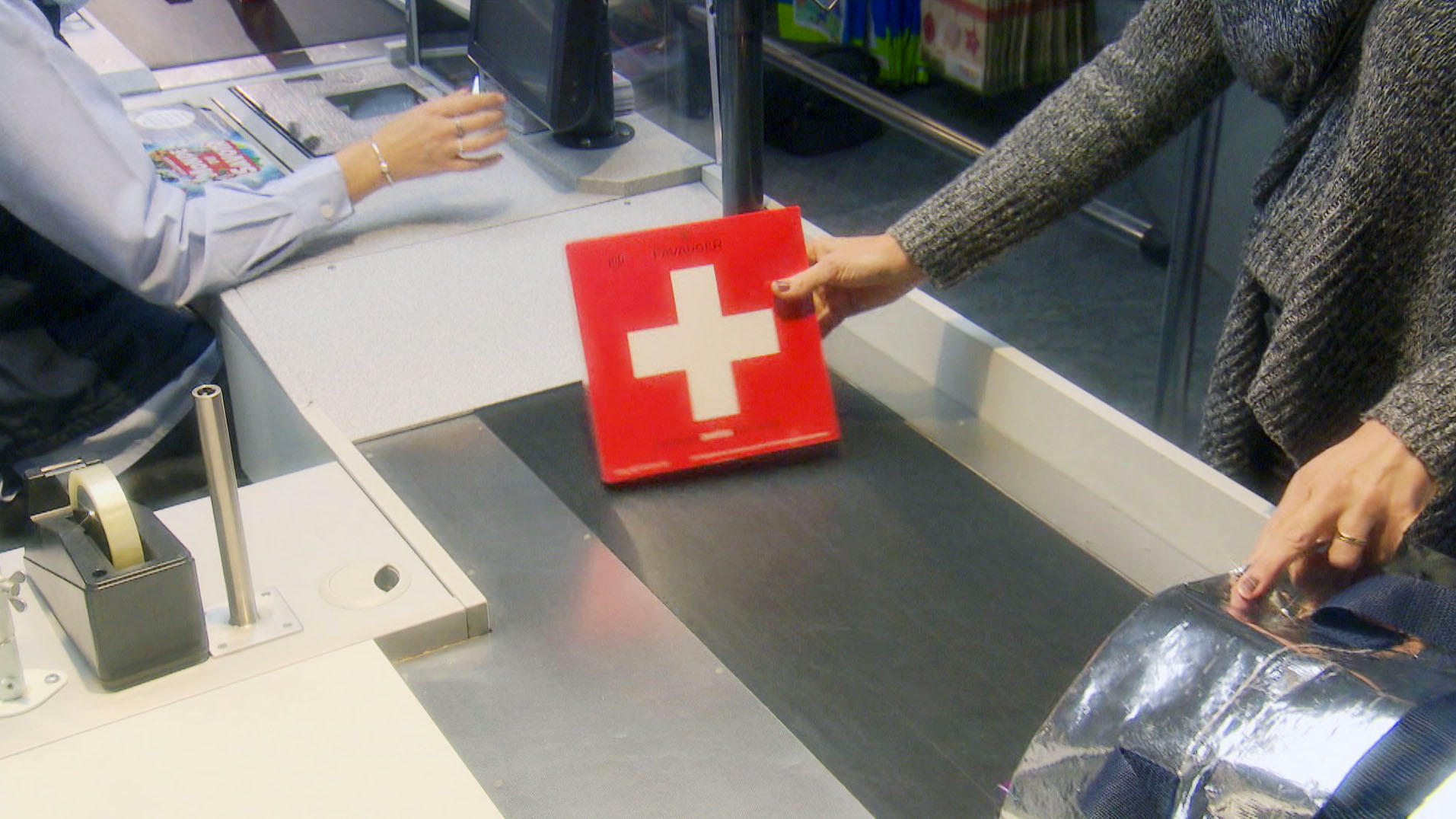Are low-sugar treats an option in the land of chocolate?

The Swiss consume more than twice as much sugar as the World Health Organization (WHO) recommends. Fourteen companies in Switzerland have started voluntarily reducing sugar in their products by 2-5%, but it’s proving quite a challenge for the industry.
Christmas time is sugar time. For generations of Swiss people the festive season would not be the same without their many different traditional biscuits.
But people are eating more sugar than they used to. Although the WHO recommends a limit of 50 grams of sugar a day, the Swiss eat 120g a day: the equivalent of 30 sugar cubes.

Along with eating too much fat and salt, and not getting enough exercise, sugar can contribute to obesity, cancer, diabetes and cardiovascular diseases. The resulting costs for Switzerland are estimated at CHF52 billion ($53 billion) per year.
In 2015, the government and several companies agreed on a voluntary approach to tackle the problem. In 2016, government research found that on average, a 180g pot of yoghurt in Switzerland contained 17g of sugar. Since the voluntary agreement was signed in 2015, the average amount of sugar in yoghurts has been reduced by 3%, in cereals, by 5%.
In September, Alain Berset, the home affairs minister in charge of health, together with food producers and retailers, set new goals: to further reduce sugar content by 2.5% in yoghurts and another 5% in cereals by the end of 2018. According to Berset, all of the major producers are on board. Inside the companies, new recipes are being made to try and keep the taste, but cut down the sugar.
Many companies welcome the voluntary approach and are hoping that the problem can be tackled without having to introduce a sugar tax:
Some companies would like to keep their traditional products unchanged, but offer new ones with less sugar. Biscuit manufacturer Hug has had bad experiences in the past:
Even after 2018, the government strategy will continue and include other food sectors; there are plans to put fat and salt consumption under the microscope. The Federal Food Safety and Veterinary Office (FSVO) is starting up research projects to find out how far sugar can be reduced in products without people noticing. The government and the companies involved agree that innovation in food production can help to tackle the challenges.

In compliance with the JTI standards
More: SWI swissinfo.ch certified by the Journalism Trust Initiative


You can find an overview of ongoing debates with our journalists here. Please join us!
If you want to start a conversation about a topic raised in this article or want to report factual errors, email us at english@swissinfo.ch.